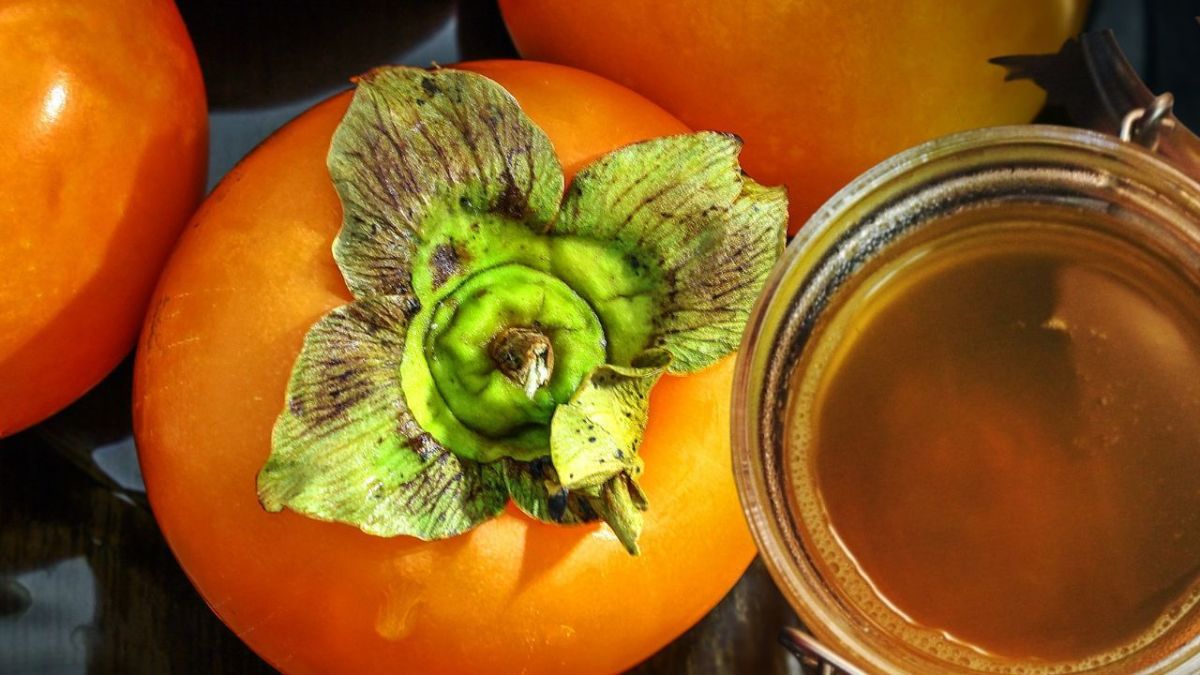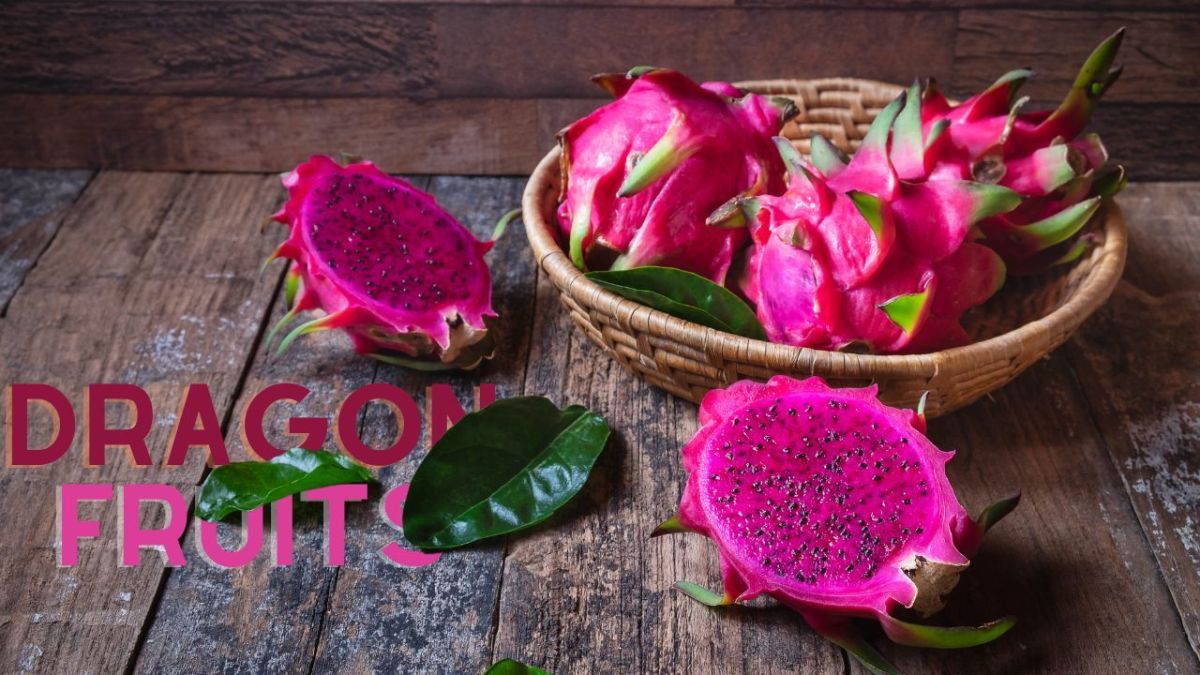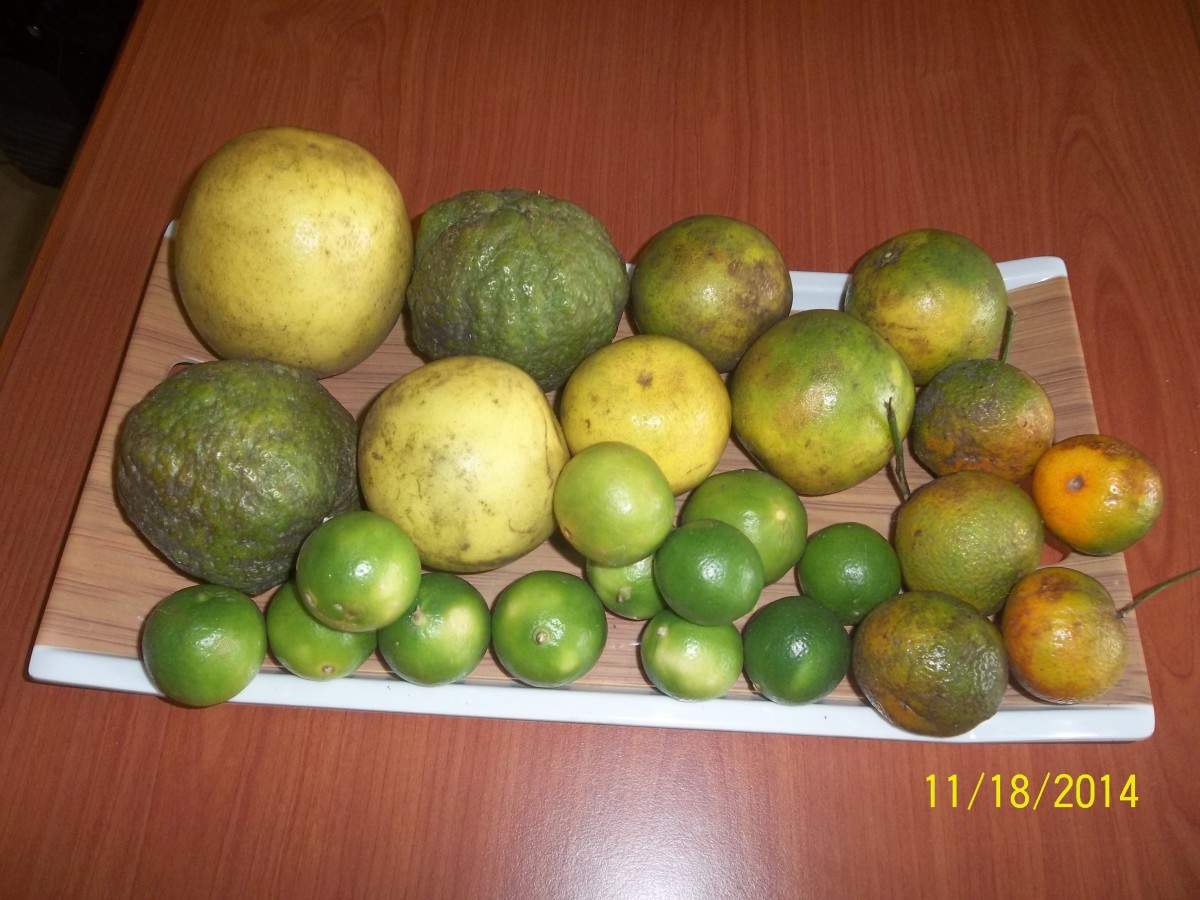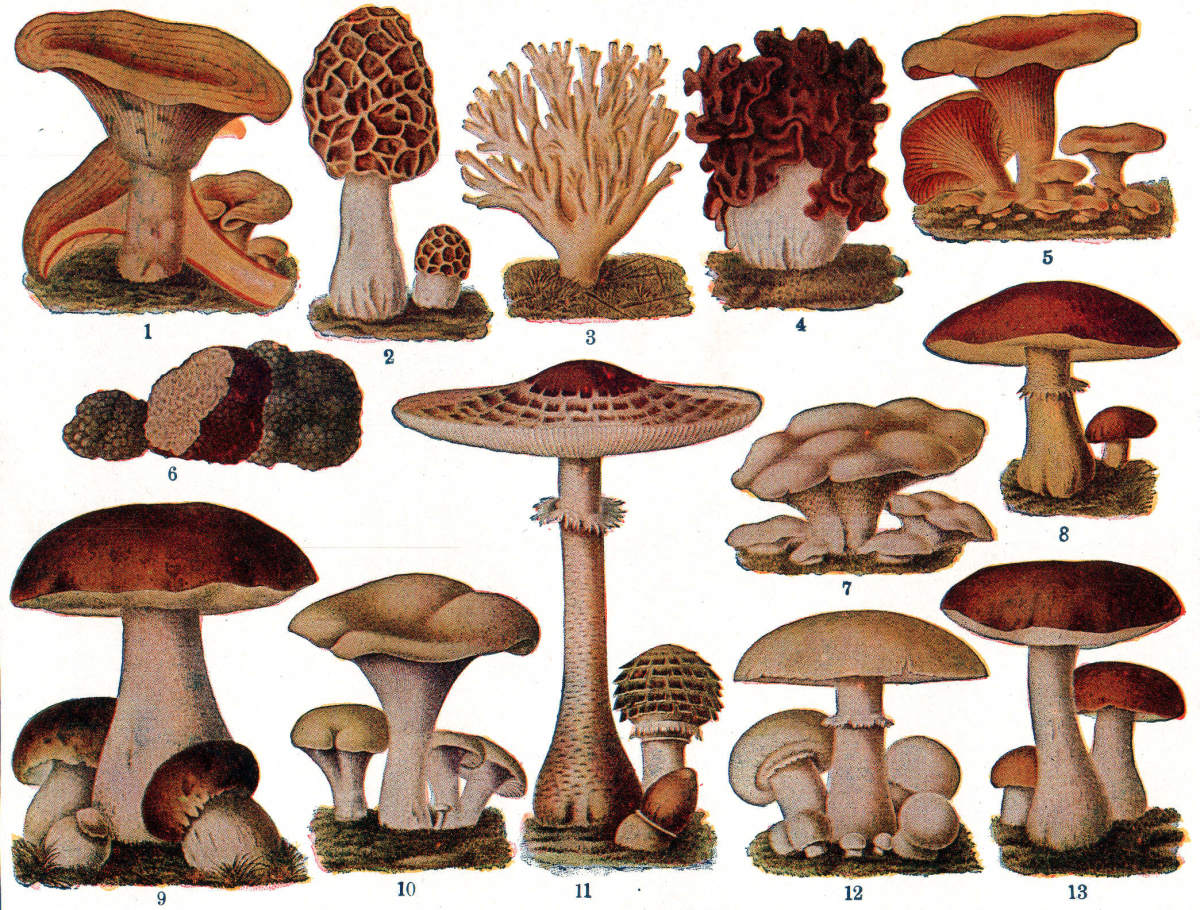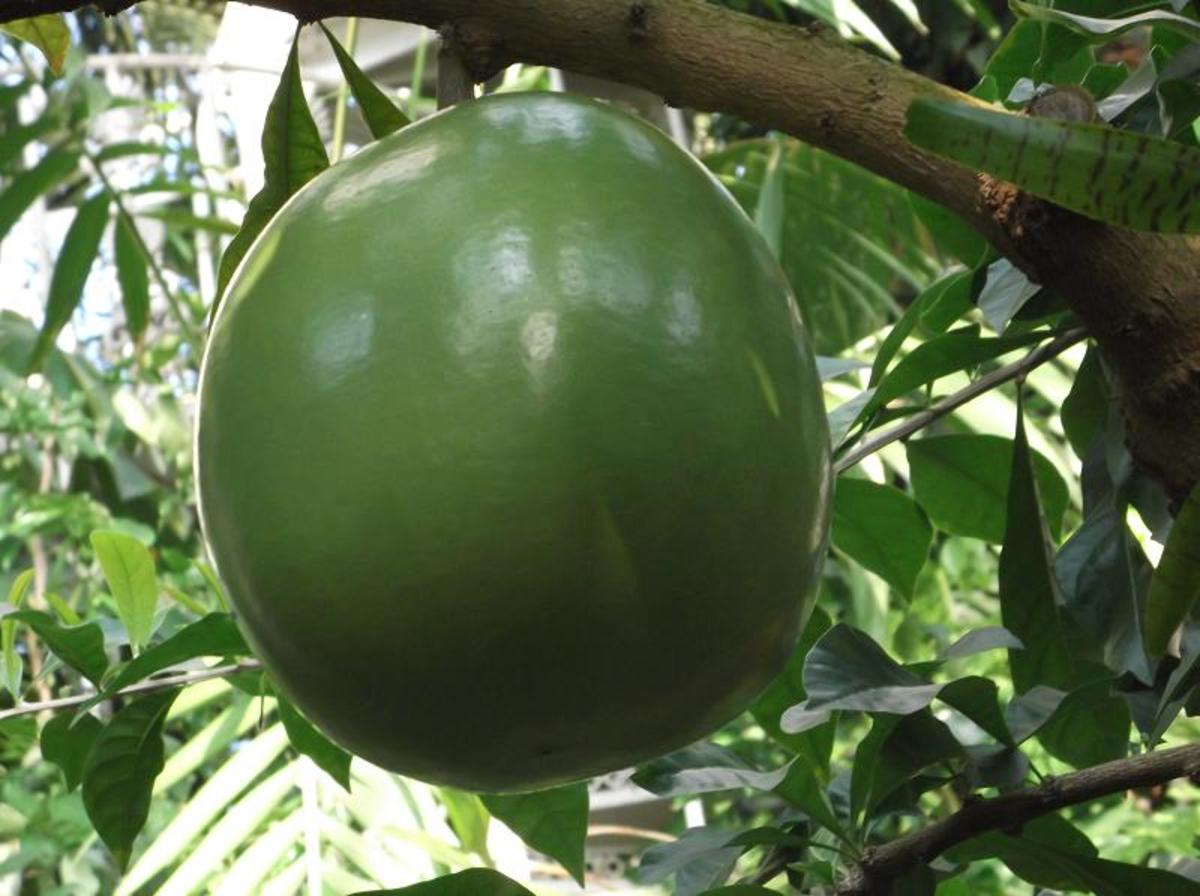What is Persimmon and How it Can Benefit Your Health

What is Persimmon
Persimmon is a gorgeous deep yellow-orange colored fruit which arrives to the grocery store shelves around the Thanksgiving time. The skin of persimmon is smooth and shiny, and this makes few people mistake it for a tomato. Although persimmons are harvested while they are still hard and not fully ripe, they have to be carefully packed during shipping to prevent them from damage due to the delicate texture of their skin.
When soft and ripe, persimmon tastes like a delightful mix of mango and papaya. Some people find it tasting more like a sweet pumpkin mixed with apple. In any case, the taste is indeed unique, sweet and spicy to some extent.
It is believed that persimmon has originated somewhere in Japan or China (still ongoing debate) where it is very popular and widely consumed by many people. In fact, the first mentioning of persimmon goes back thousands of years when it was well known to ancient cultures as a highly nutritious fruit. It also appears that the wood of the persimmon tree was highly priced because of its durability and it is still popular among the wood carvers nowadays. For example, the wood of the persimmon tree is used for the manufacturing expensive golf clubs, home décor, furniture and etc.
Few varieties of Japanese persimmon were brought to US around the 19th century by the Japanese immigrants. The first attempts to grow persimmons commercially in US have failed because the trees were planted from the seed in Washington and they did not adapt well to the cold climate. More attempts were made later and, by 1870s, persimmon was widely cultivated in Florida, Georgia and California.
Although it may seem that persimmon is an exotic fruit that came to US from Asia, this is not entirely true. There are quite few varieties of persimmon growing in the woods here in US. This fruit was well known to Native American Indians long time ago and it is a favorite snack for many birds and animals in the wild.
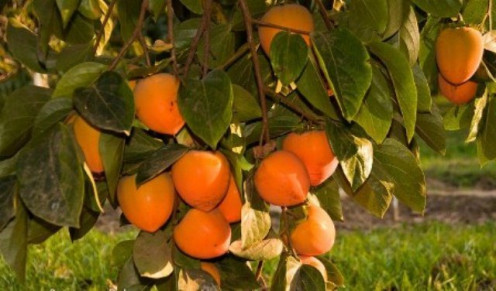
How to Choose Persimmon
Basically, there are two varieties of persimmon that are widely sold in the grocery stores in US - Fuyu and Hachiya. They both are sold mostly when they are hard and not fully ready to be consumed. There is a difference in how they look and taste. The Hachiya has a more elongated shape like an acorn with the tip on the top and a stem on the bottom. Due to the high presence of tannins in Hachiya variety, it needs to be fully ripened before it can be eaten. The unripe fruit is so astringent that it will cause the mouth to pucker. This variety is my favorite when it's soft and ripened because it delivers rich and delightful flavor. The Fuyu variety is round in shape, has a stem on the bottom and more mild but is still a great tasting fruit. This variety can be consumed while it is still hard because of the lack of tannins. That is why it's often referred to as a non-astringent persimmon variety.
The best way to ripen persimmons is to place them in the dark place and wait for few days for them to become soft. I suggest checking on them every day and turning them to make sure they don't become rotten. Although some people say that persimmons should be consumed when they are almost rotten, this is not entirely true. Persimmon is at its best when it is soft and has a deep orange-red color.
Other ways to ripen the persimmon suggest placing it in the freezer for a day or two. This is supposed to make it sweeter. But it may not be a good idea unless you plan to use it in a smoothie.
Health Benefits of Persimmon
It appears that persimmon has a great nutritional value and can greatly benefit our overall health. It contains a lot of vitamin C (about 80% of daily value), as well as alpha and beta carotene. This fruit is also packed with vitamin B6, potassium and it has about 1 gram of protein in one serving. High in antioxidants, persimmon is great for prevention of cancer and premature aging. It can help boost and maintain healthy immune system due to the high concentration of vitamin C.
Persimmon is a good source of fiber. It contains about 20% of your daily value and this can help with digestion and metabolism issues as well as weight loss. Because persimmon contains about 270 mg of potassium, it can help lower the blood pressure, improve the blood circulation and reduce the risk of blood tumors. Persimmon can also improve the eye health and aid in treatment of cataracts and other eye diseases.
Serving Suggestions
Like any fruit, persimmon can be eaten as is or used in salads. It may substitute the tomatoes and can be used on the sandwiches or added to salsa. Persimmon can be also dried and added to the trail mixes or cereals.
It makes great smoothies!




